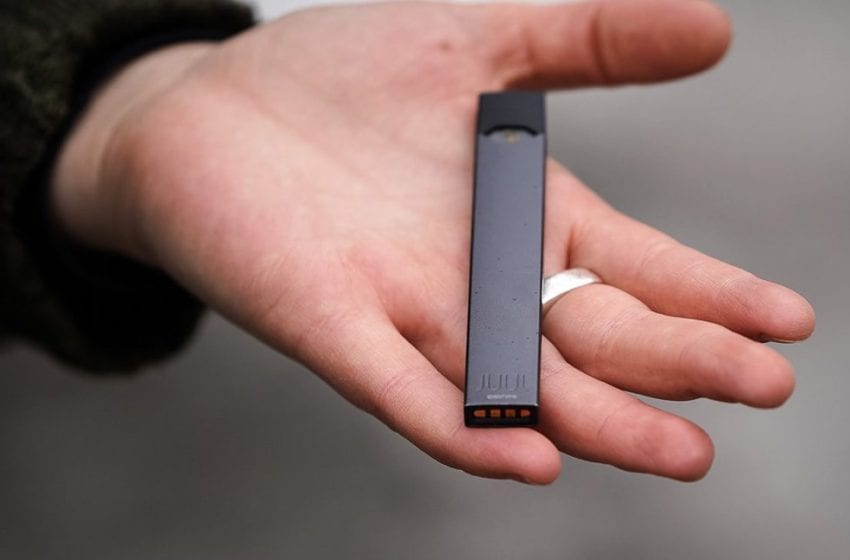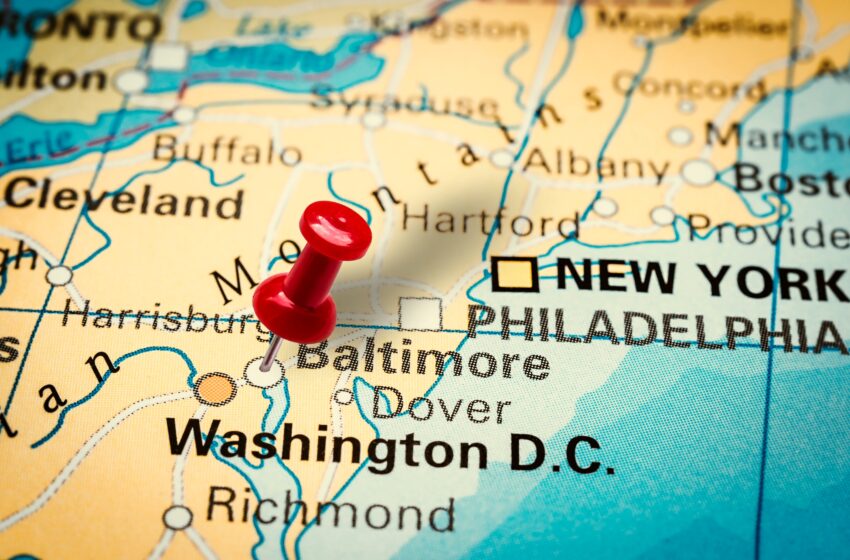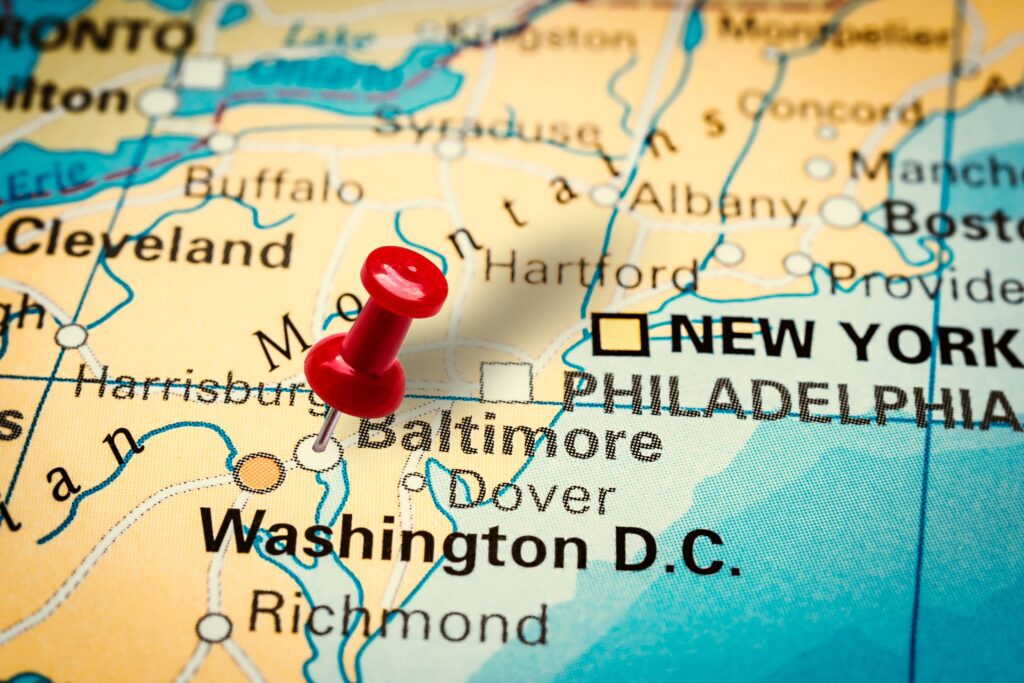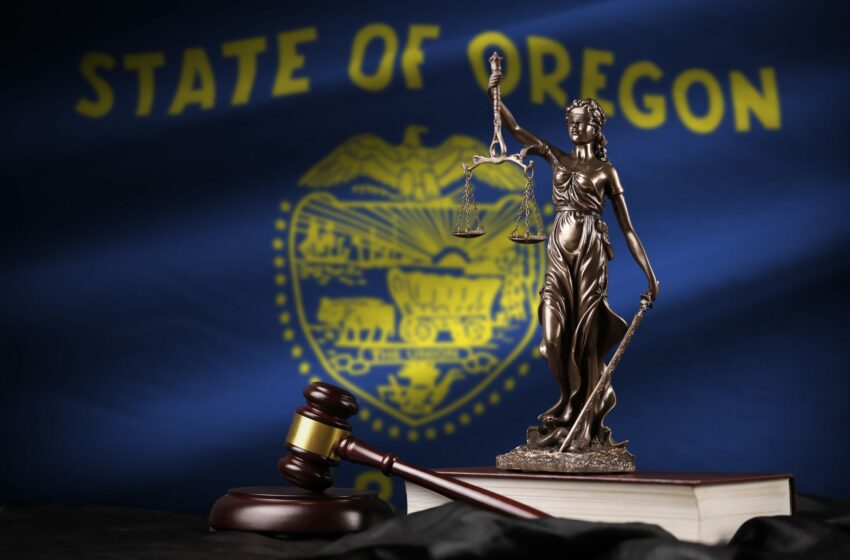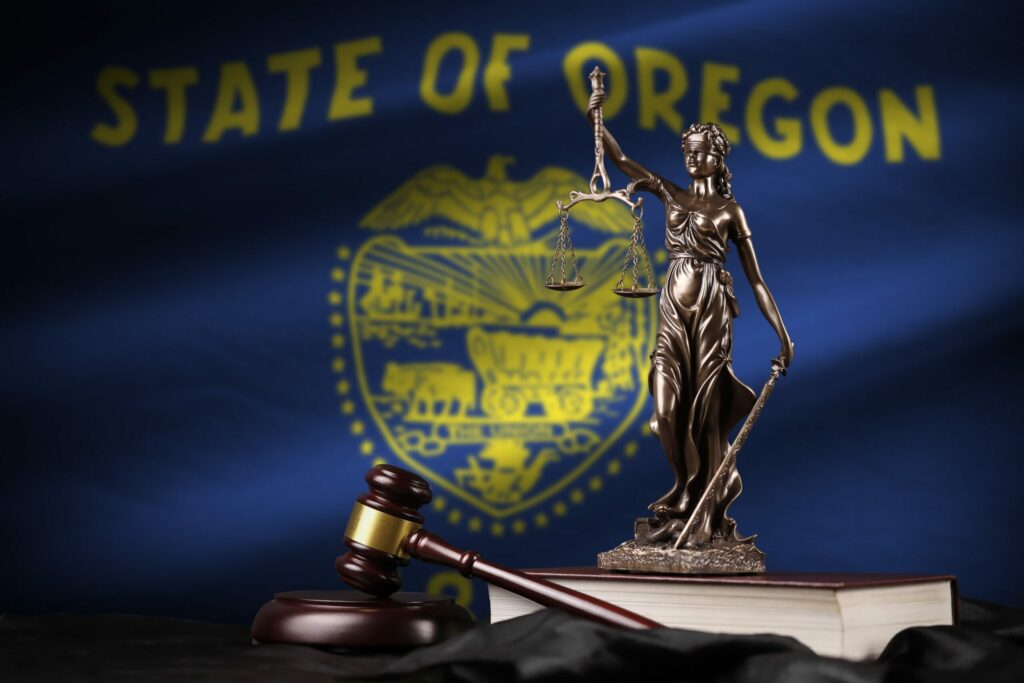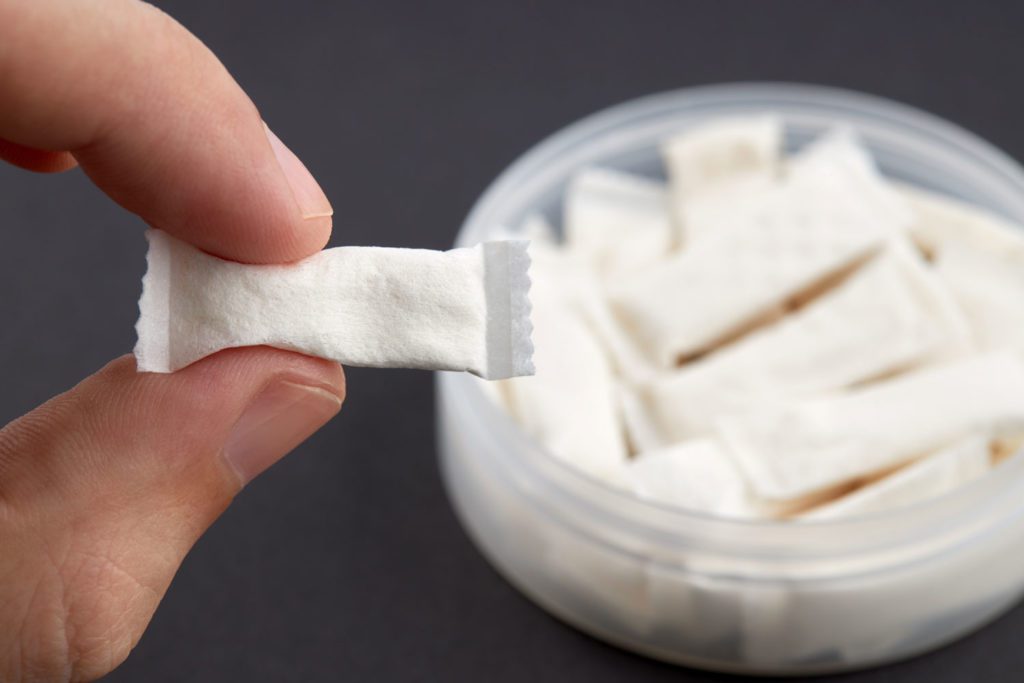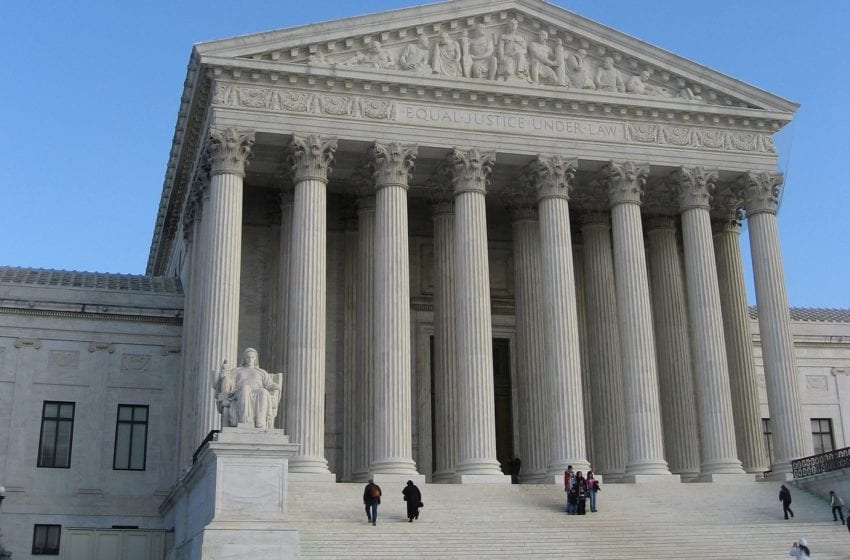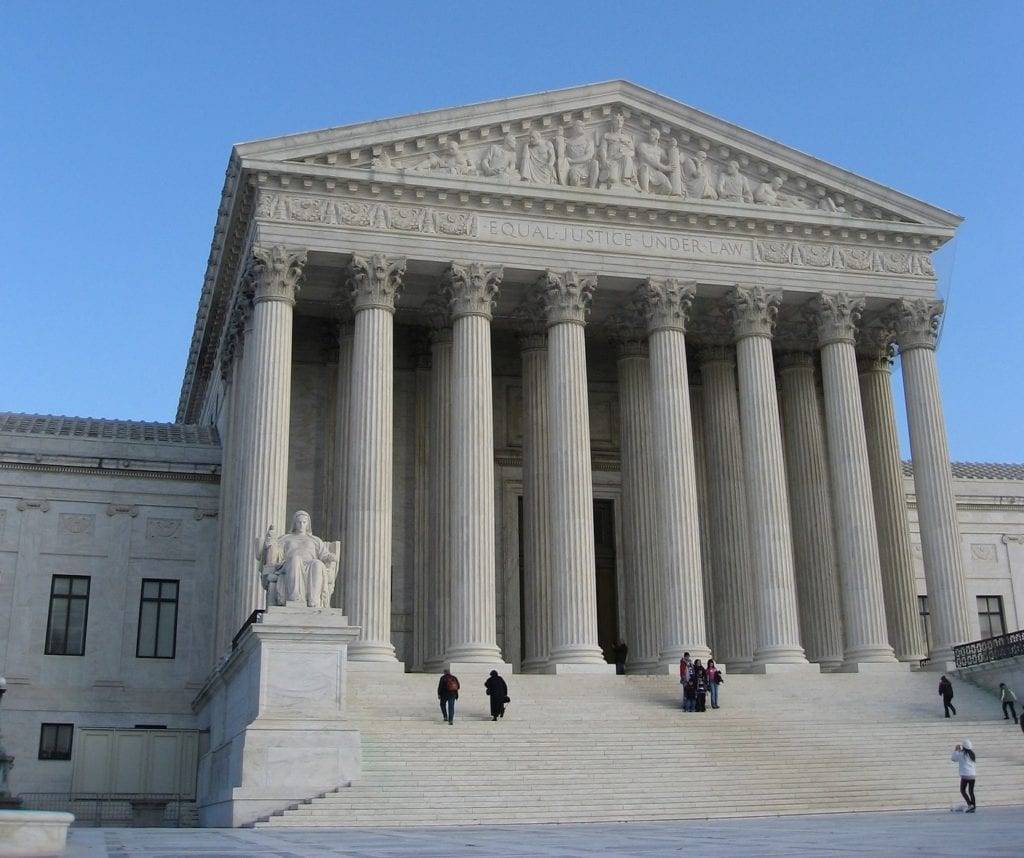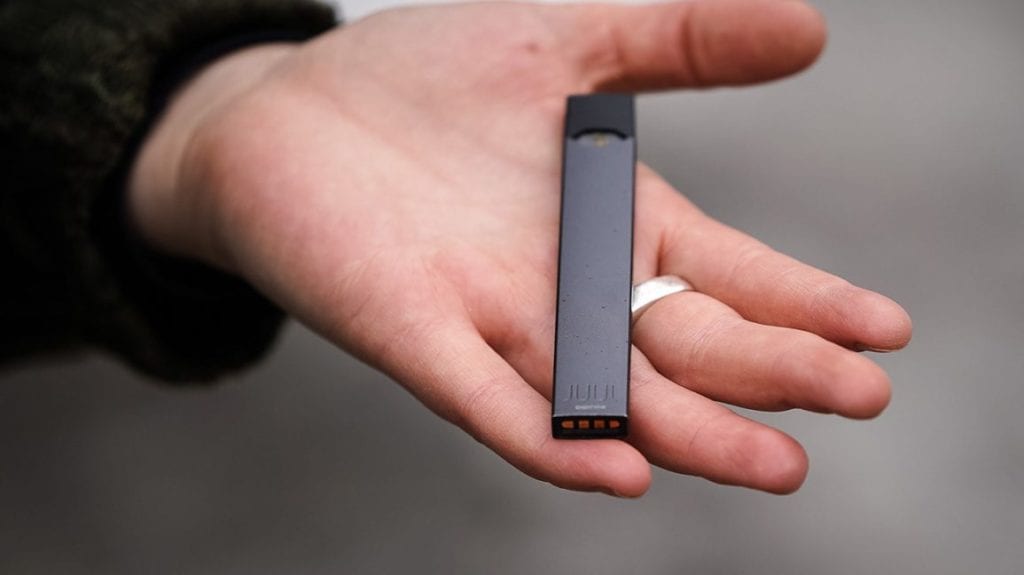
Howard Feinstein wasn’t expecting much when he submitted his information to a lawsuit against Juul Labs, which accused the vaping company of misleading customers about the addictiveness and safety of its products.
Then, more than $3,000 hit his bank account.
“I thought it was fake at first,” said the 55-year-old real estate agent, who lives in Washington state. “I was absolutely shocked.”
According to media reports, the payment to Feinstein this week was one of more than 800,000 dollars that the company is making to former customers due to a more than $300 million court settlement that was finally approved earlier this year.
Dena Sharp, the lead attorney on the case of the San Francisco law firm Girard & Sharp, said the payouts range from $15 to more than $10,000, with an average of about $240.
Administrators of the settlement, which involved Juul and tobacco giant Altria, which previously held a sizable stake in the company, started mailing checks late last week. Electronic payments began on Monday.
Sharp said more payments would be sent out over the next few days.
“Please continue to be patient and give us a little bit of time to process these claims,” she said.
More than 14 million people submitted claims to the court, of which only about 842,000 were officially validated.
Sharp said the court followed a careful process to winnow the claims, looking for duplicates, signs of fraud, and proof of purchase.
She said about a quarter of the recipients purchased directly from the company, making their eligibility easier to verify.
The lawsuit alleged two things: that Juul customers paid more for the product than they would have had they been provided with accurate information about its addictiveness and safety and that the products were unlawfully marketed to minors.
The court did not decide whether either firm violated any laws.
In a statement, Juul Labs said it is “pleased to have resolved the vast majority of the company’s past legal issues and is focused on advancing our mission”, which it added included reducing the use of its products by underage users.
Many people receiving payouts, like Feinstein, have been pleasantly surprised by the sums and have taken to social media to celebrate their haul.
“The money couldn’t have come at a better time, so I’m really grateful that they’re following through,” Feinstein said, adding that he might use some of the money to pay down his credit card debt.

